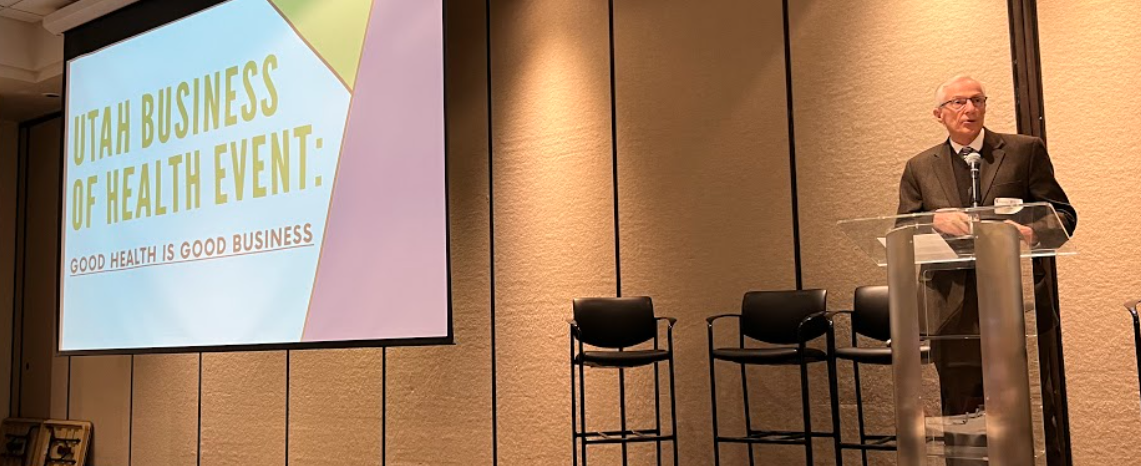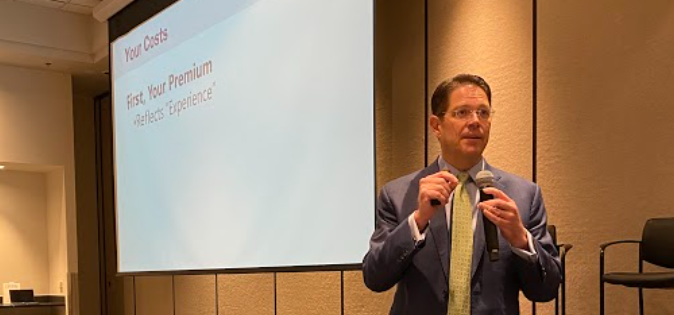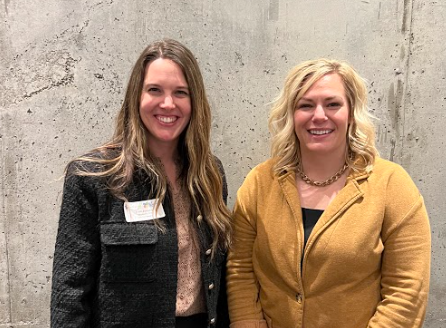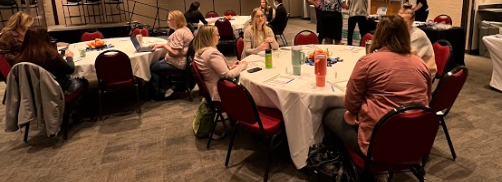Get Healthy Utah held its annual Stakeholder Retreat this October in Salt Lake City, with the theme “Building Healthier Communities.” A variety of leaders attended to learn more about their common goal: to improve the health of Utah communities. We focused on how leaders across Utah can collaborate to promote access to healthy food, improve mental wellness, and increase opportunities for active living.
Get Healthy Utah Highlights
Alysia Ducuara, Executive Director, presented on Get Healthy Utah’s successes during the 2021–22 fiscal year. Over the past year, Get Healthy Utah awarded twelve mini-grants to communities to fund health-improving projects in their areas, and began a partnership with three Utah cities to pilot a Health in All Policies framework. We also distributed over one thousand Healthy School Pantry toolkits to Utah schools, and helped pass a bill providing Medicaid coverage for the National Diabetes Prevention Program.
To view the presentation slide deck, click HERE.
Keynote Speaker:
Mick Cornett, Former Mayor of Oklahoma City

Mick Cornett is world-renowned for his efforts to transform Oklahoma City into a healthy and thriving community. A successful author and speaker, he shared insights from his experiences improving urban design, attracting significant sports franchises to his city, and helping his residents collectively lose over one million pounds. During the Q&A, Mayor Cornett led attendees in a discussion on how they could leverage similar initiatives to improve health and quality of life in Utah.
Data Lightning Round
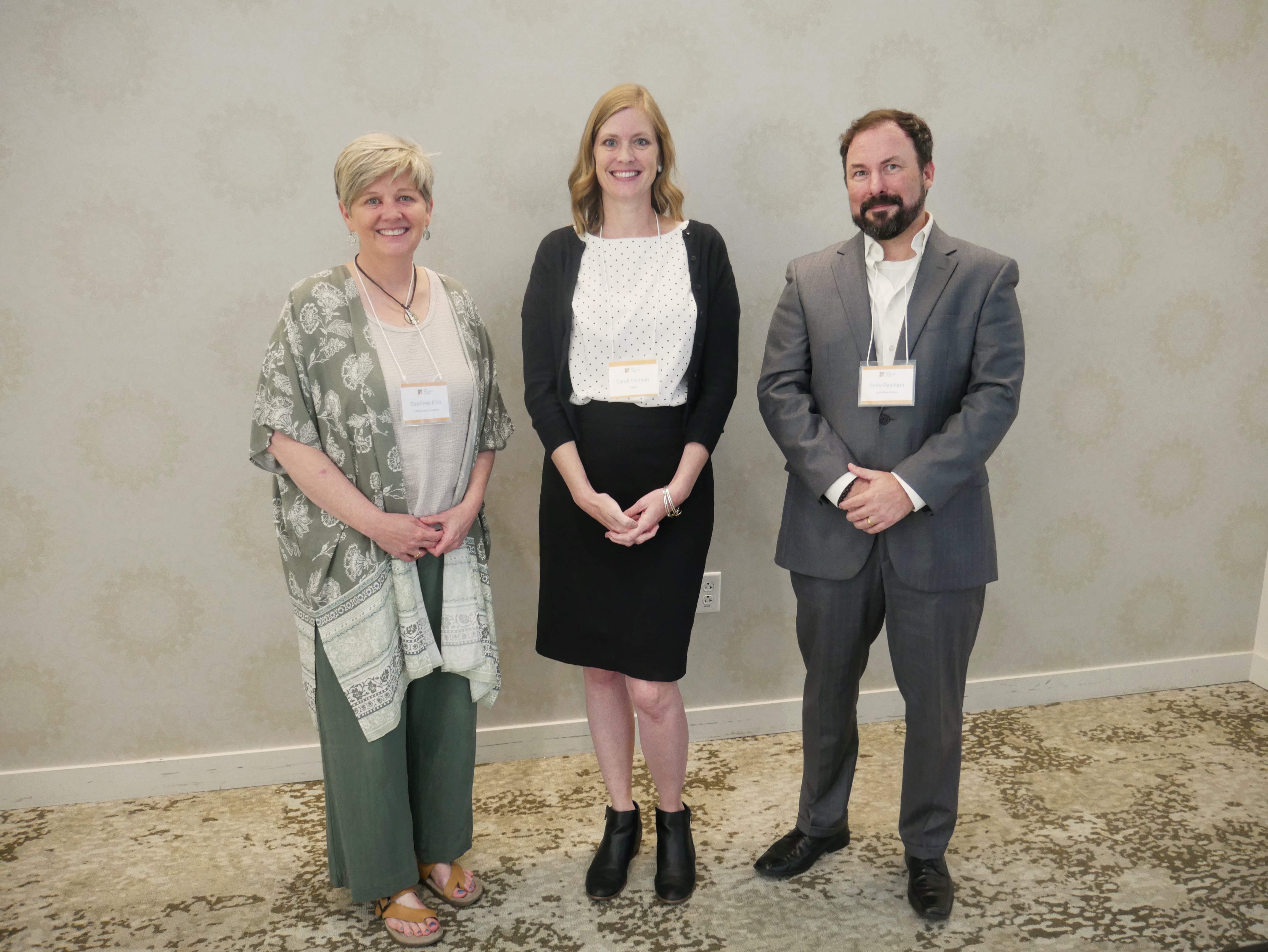
Three organizations presented data on the health and wellbeing of Utahns, including survey tools used to gather information:
Sarah Hodson, Department of Health and Human Services
In partnership with the Public Health Alliance of Southern California, the Department of Health and Human Services developed the Utah Healthy Places Index (Utah HPI). The Utah HPI maps data on social conditions that drive health across communities, such as education and job opportunities, access to healthcare, transportation infrastructure, and more. The data can be analyzed and compared by several small geographic tracts. The tool was newly developed this year and is now available HERE.
Courtney Flint, Utah State University
Utah State University (USU) partners with city and town leaders across the state to conduct a free Wellbeing Survey. The survey assesses residents' wellbeing and attitudes about community issues, and helps to promote sound planning and decision-making among community leaders. Over 14,000 surveys from Utahns were collected from 2019 to 2021, and over 10,000 surveys were collected this year across 35 cities. The next round of surveys will be administered in 2024.
Peter Reichard, The Utah Foundation
The Utah Foundation regularly surveys Utahns on their quality of life. Though results have remained relatively consistent over time, the 2022 survey indicated a significant decrease in reported quality of life, fueled by an increase in living costs and a lack of affordable housing. Moving forward, The Utah Foundation will partner with Get Healthy Utah to conduct a policy analysis and determine which policies across the state are influencing health and wellbeing.
Get Healthy Utah Awards
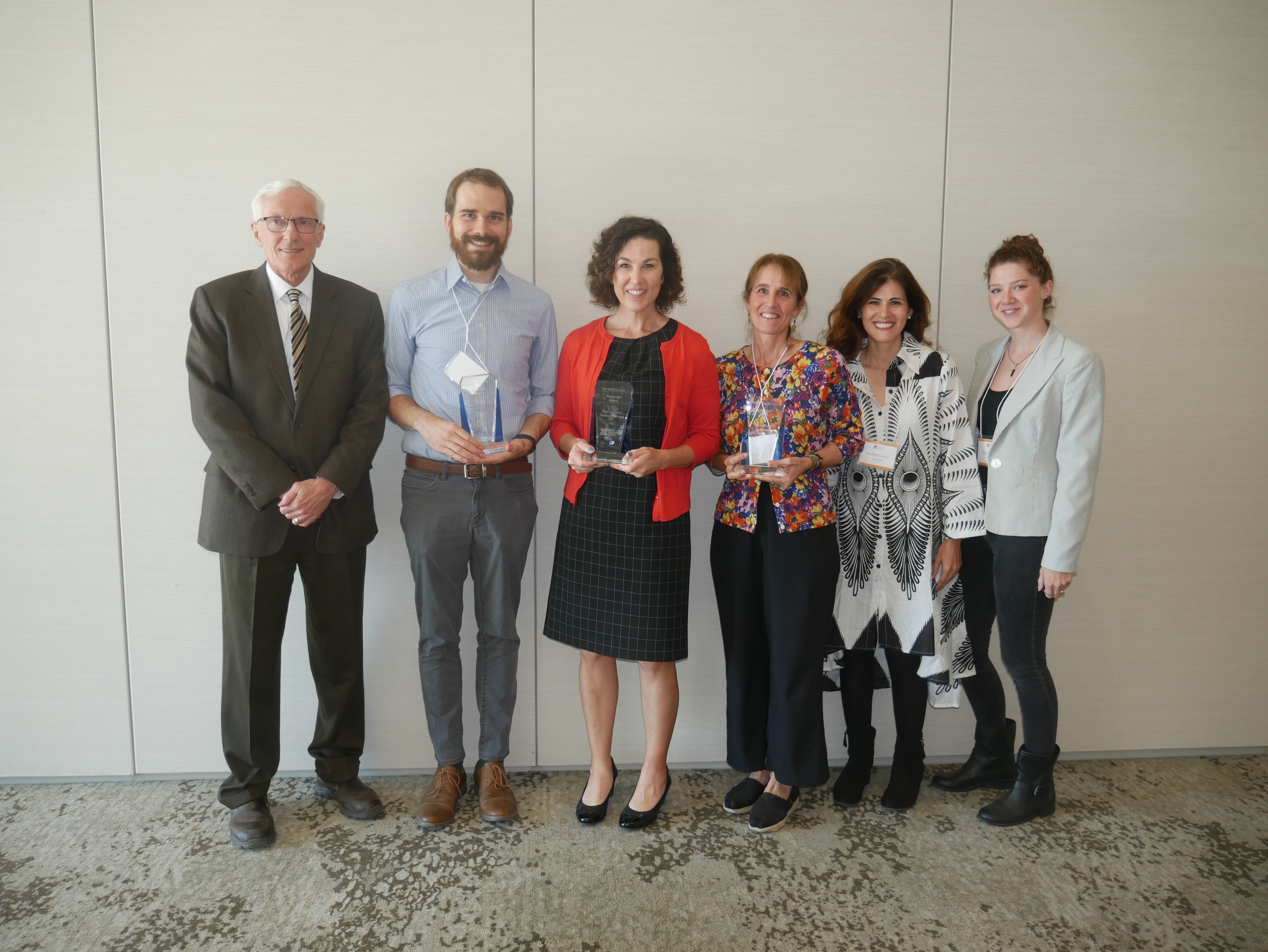
Get Healthy Utah presented three awards at the 2022 Stakeholder Retreat. First, Representative Suzanne Harrison and Senator Evan Vickers accepted awards for their work on passing House Bill 80, which expanded Medicaid coverage for the National Diabetes Prevention Program. Second, the Utah Cancer Action Network accepted an award for their work to update the Utah State Cancer Action plan, and for providing Get Healthy Utah with funding to improve school pantries. And finally, East Midvale Elementary accepted an award recognizing their exemplary work on school food pantries.
Speaker:
Dr. Amy Locke, “Thriving in Communities”
Wellness is more than the absence of poor health: It is “the optimal state of health of individuals and groups,” which concerns “the realization of the fullest potential of an individual physically, psychologically, socially, spiritually and economically, and the fulfillment of one’s role expectations in the family, community, place of worship, workplace and other settings.” (World Health Organization) Dr. Locke shared that prevention is the foundation of wellness, through good nutrition, physical activity, sleep, and connection. She explained that we need to work together to overcome barriers to these activities, from an individual to a global level.
To view the presentation slide deck, click HERE.
Roundtable Discussions
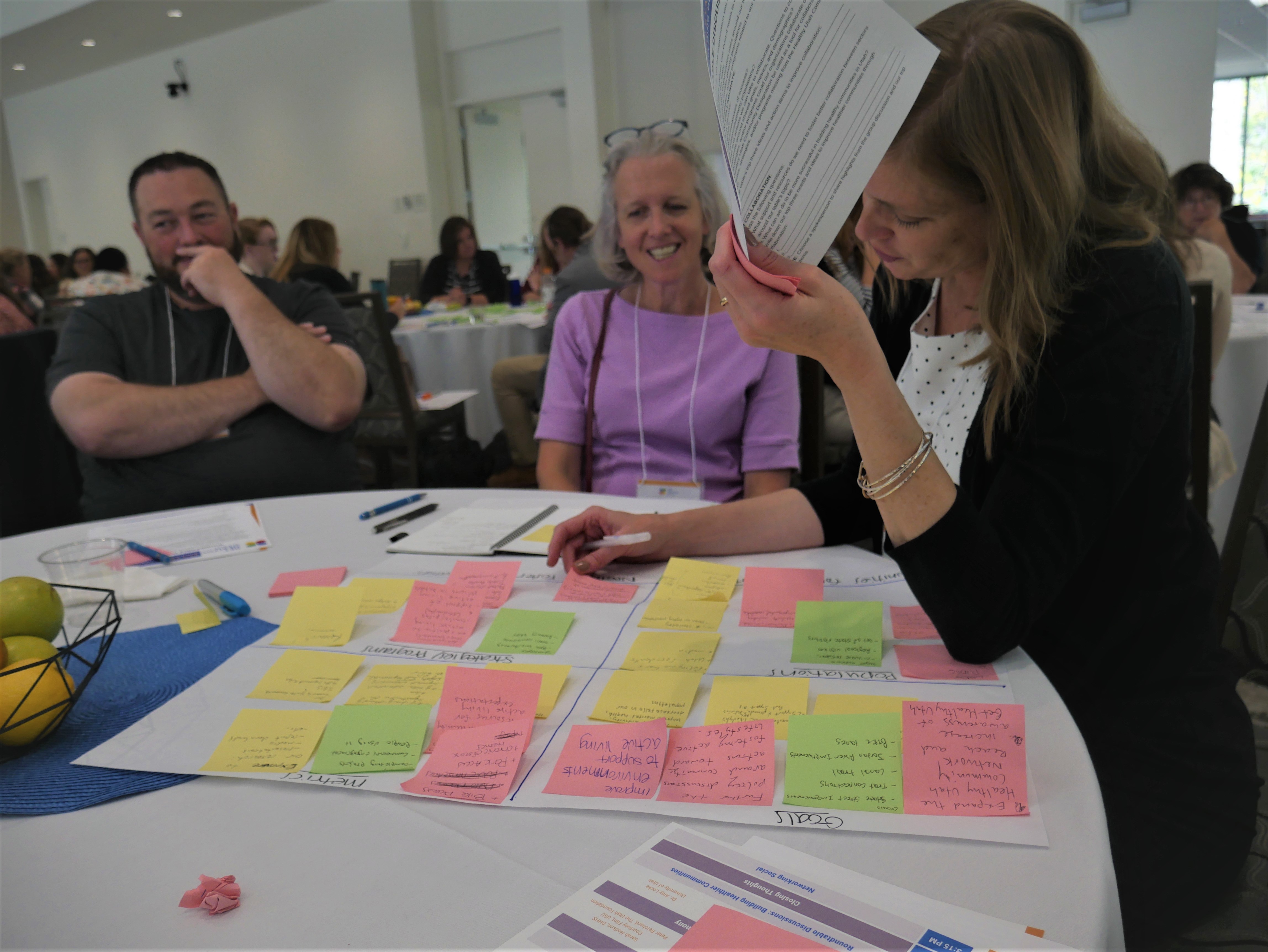
Attendees wrapped up the stakeholder retreat by participating in roundtable discussions on one of three topics: access to healthy food, active living, and mental wellness. Attendees discussed their diverse backgrounds, audiences, and projects to identify possible areas for future collaboration. At the end, each table shared their insights with the whole group.
_300x220.jpg)

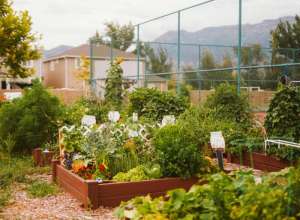
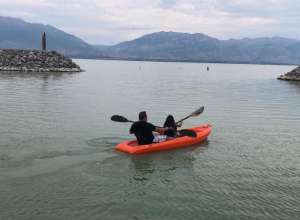
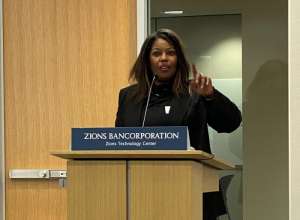
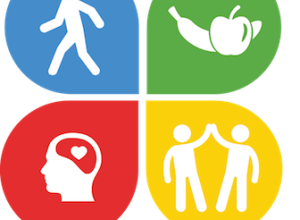
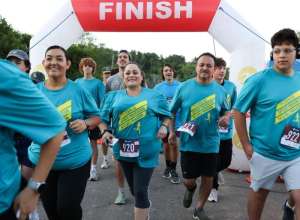
_300x220.jpg)
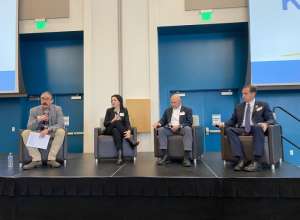

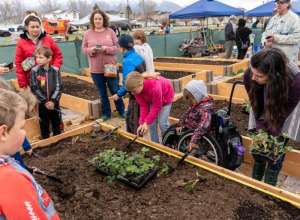
_300x220.jpg)
_300x220.jpg)


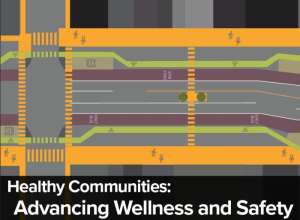
_300x220.jpg)
_300x220.jpg)
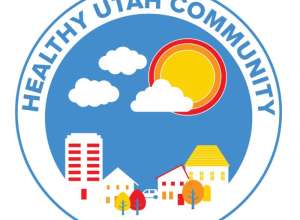

_300x220.png)

%20(1)_300x220.jpg)

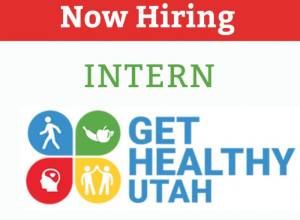
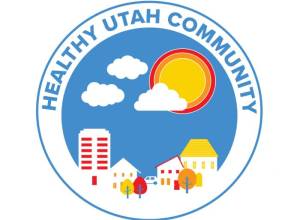
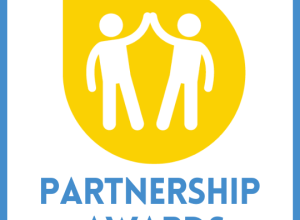
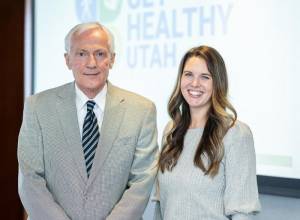
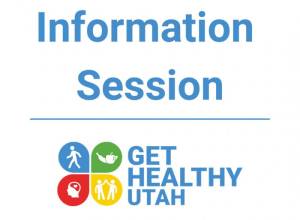

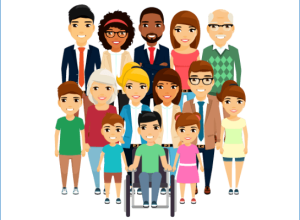


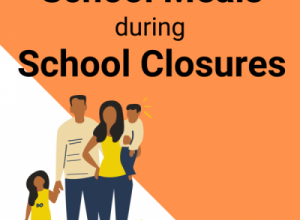

.png)

 (1).jpg)
